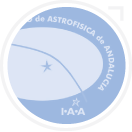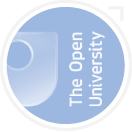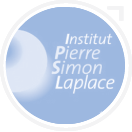UCM - Universidad Complutense de Madrid
The Universidad Complutense de Madrid (UCM) is one of the largest Universities in Spain and all around Europe. With a tradition beyond 5 centuries, UCM has become a very important institution in terms of higher education and research activities. UCM is home of research groups which are in the cutting edge of research in many areas. UCM technological scientific infrastructure (with an annual budget almost reaching 600M€), together with the quality of its researchers (more than 6000), has established some of its laboratories among the best all around Europe.
The UCM is a broad-scoped university in which almost every field of knowledge is envisaged. From the 2010 research annual report (the last consolidated figures), there has been a total income of 64M€ for research activities: 17% of this income has been obtained through programmes for the hiring of R&D personnel, 6% through EU funded programmes and 18% through R&D service contracts with the private sector. The total income is distributed by research areas as follows: 24% life sciences, 51% experimental sciences, 12% social sciences, 10% humanities, 3% others (e.g. Research Assistance Centres RAC/CAIs). The research at UCM is developed through its 21 faculties, 5 university schools, 9 associated centres, 40 university research institutes, 8 schools for professional specialization, 4 university hospitals, and 17 research assistance centres. More detailed information on R&D and Higher Education activities of the UCM can be found on their website.129.
The Faculty of Geological Sciences of the UCM has a tradition of around 25 years in research about planetary sciences, and specifically on geology and geophysics of Mars and other planetary sciences. Research relevant to the proposal is carried out at the Department of Geodynamics of that faculty, where several researchers and students are involved on planetary research.

































